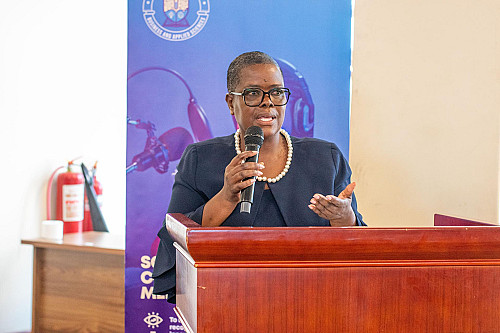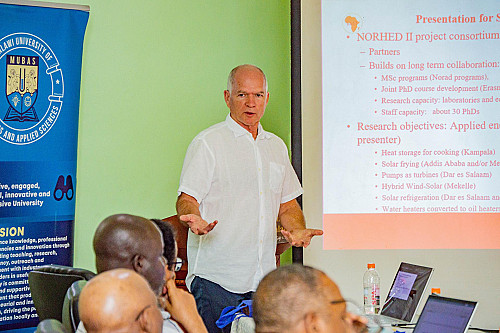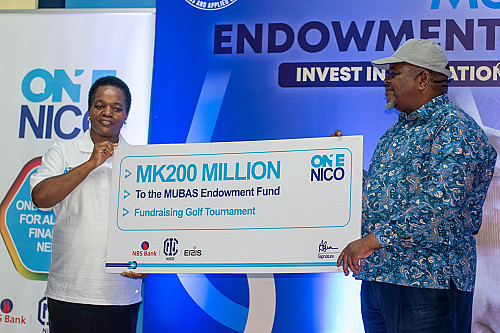News
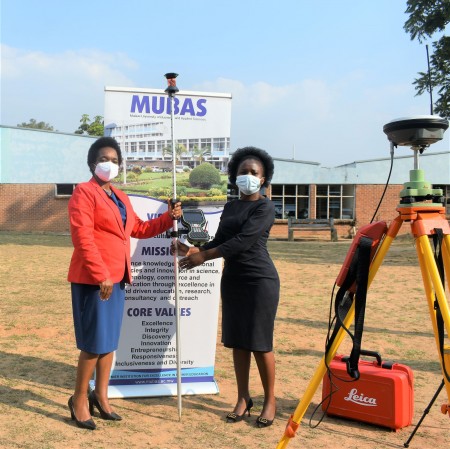
The procured equipment include; Normal Total Station, Robotic Total Station, Global Positioning System (GPS), Laser Scanner and Drones from Leica GeoSystems.
The Head of Department for land Surveying, Chikondi Mphamba explained that, a total station is an optical instrument commonly used in construction, surveying and civil engineering. The uses of normal total station and robotic total station are similar; the only difference is in its functionality during the field work. Robotic total stations allow for more technological convenience.
“Laser scanning is a very efficient survey method to reduce costs. Surveys are realized by a laser scanner, which allows a fast surveying (scanning) of landscapes, structures and their furnishings and arrangements as well as installations,” Mphamba added.
In surveying, drones are used to capture aerial data with downward-facing sensors, such as RGB or multispectral cameras and LIDAR payloads. During a drone survey with an RGB camera, the ground is photographed several times from different angles, and each image is tagged with coordinates.
Speaking when receiving the equipment, the Dean of the faculty of Built Environment Gilbert Chilinde explained that programmes in their faculty are more practical than theory, so without the equipment it was very hard for lecturers to deliver lessons effectively.
“We are grateful to management for this advanced expensive equipment which will enable students to work with the latest equipment and increase their skill sets. It will also help them to perform ‘hands-on’ study of laser scanner, GPS, Total Station and Drone application which in return give them a real edge in the marketplace as they launch their professional surveying careers,” said Chilinde.
In her remarks when handing over the equipment, the Acting Vice Chancellor Associate Professor Nancy Chitera advised the staff in the department to make full use of the equipment in making sure that students are getting the best hands-on training.
“My appeal to you is to use these machines to make an impact in the development of the country. As an academia you can use these for consultancy, research and innovation which could also help generate funds for the department,” said Associate Professor Chitera.
She further urged them to take proper care of the equipment to ensure sustainability so that it can be used for a long period of time.
